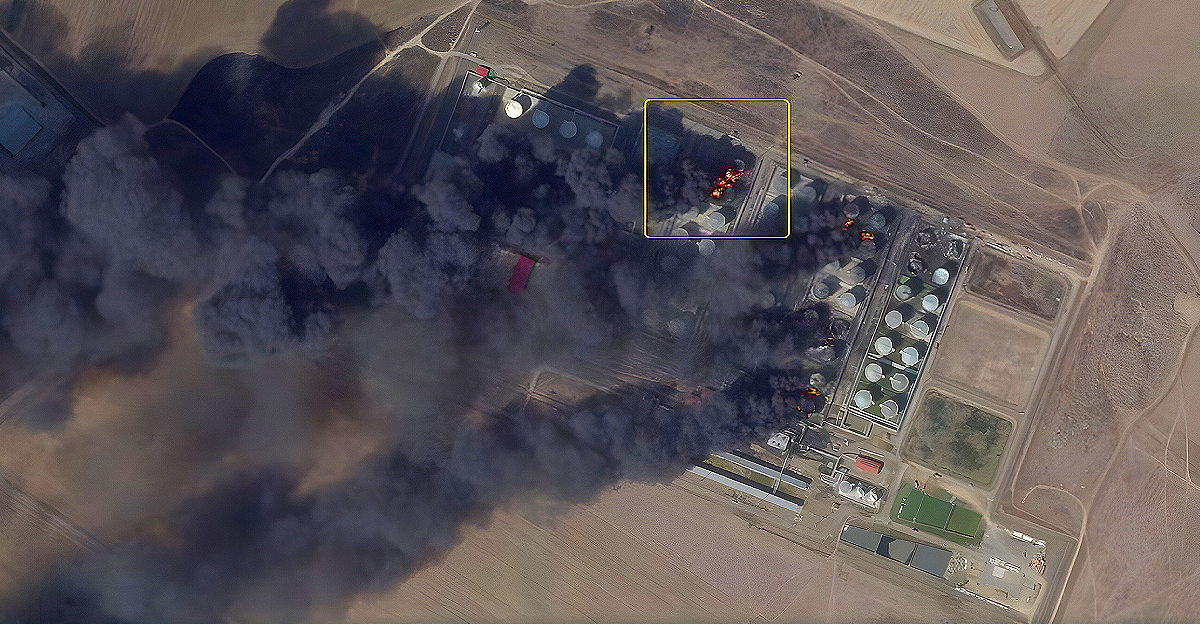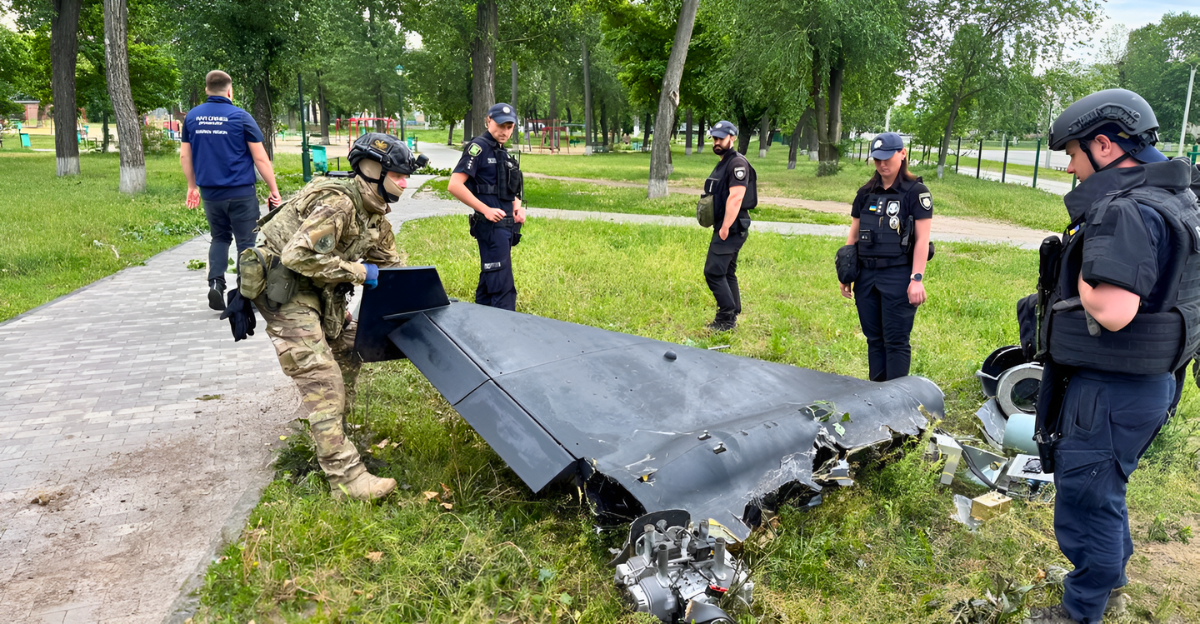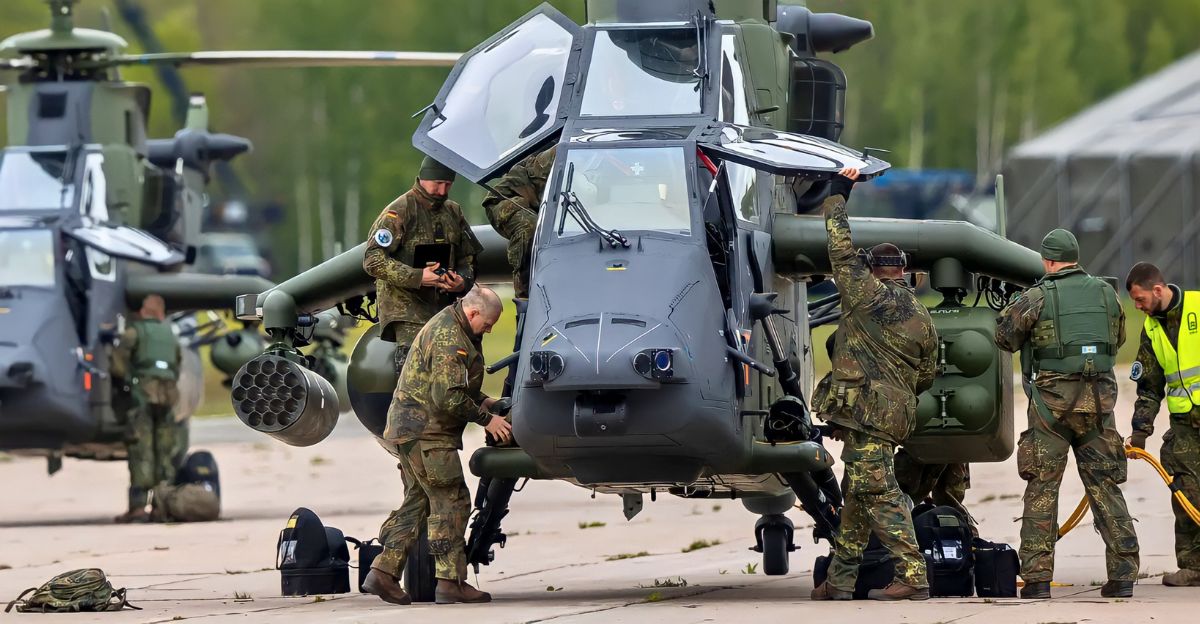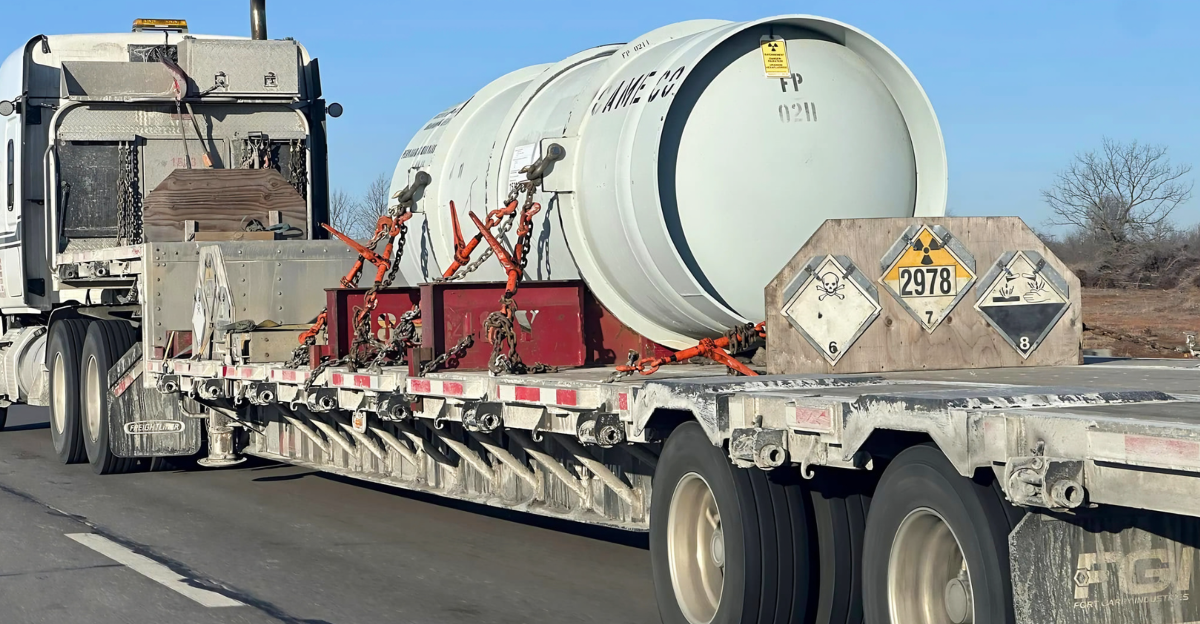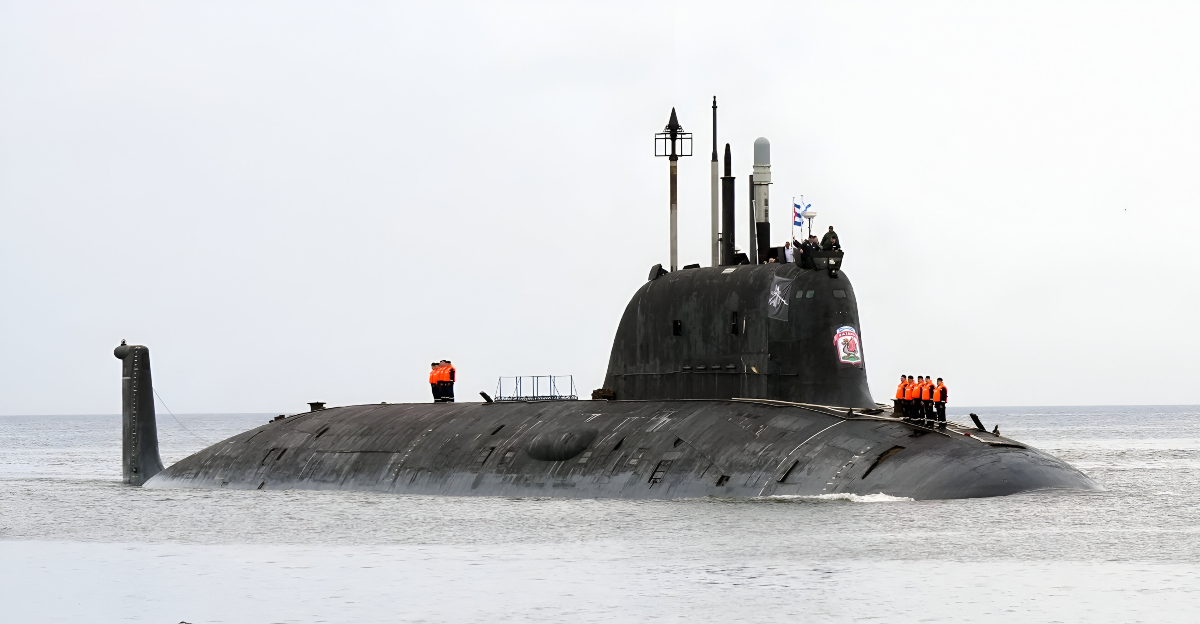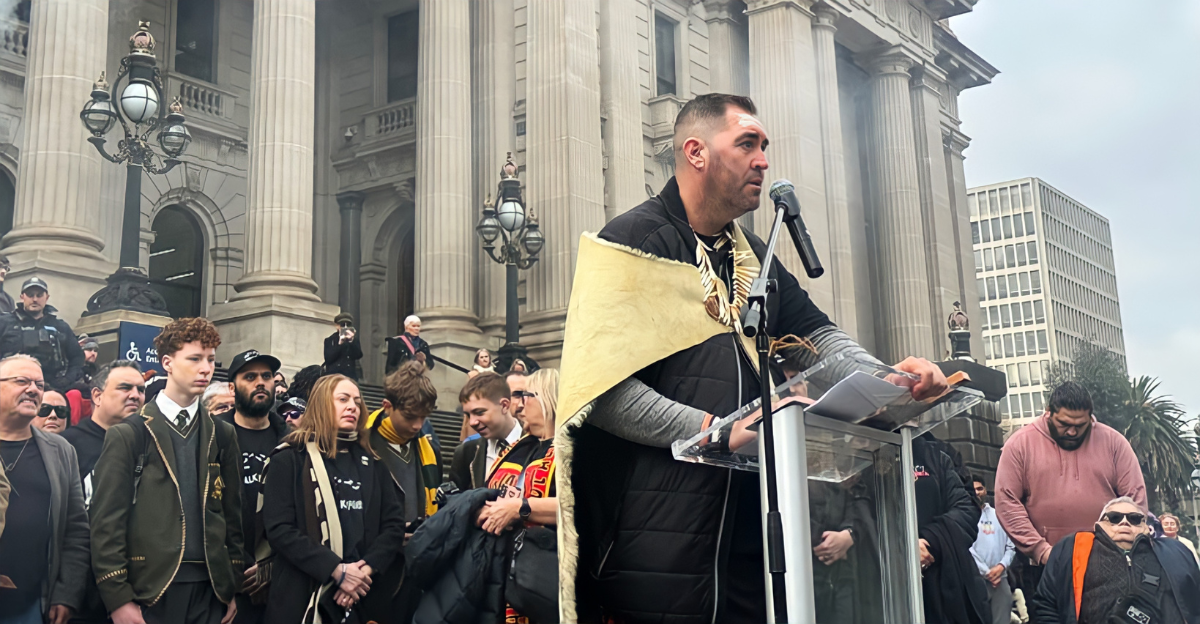
In a landmark decision, an Aboriginal-led inquiry has officially declared that British colonial forces committed genocide against Indigenous communities in Victoria. The Yoorrook Justice Commission’s report catalogued decades of massacres, forced child removals, cultural suppression and other atrocities under British rule, concluding bluntly that “this was genocide.” This unprecedented finding challenges Australia’s historical narrative and has prompted calls for major change.
Victorian Premier Jacinta Allan has pledged to carefully consider the report’s 100 recommendations, which include financial compensation, land restitution and a formal treaty framework for First Peoples. The verdict is expected to reverberate far beyond Victoria’s borders and across Australia.
Truth-telling inquiry uncovers colonial atrocities
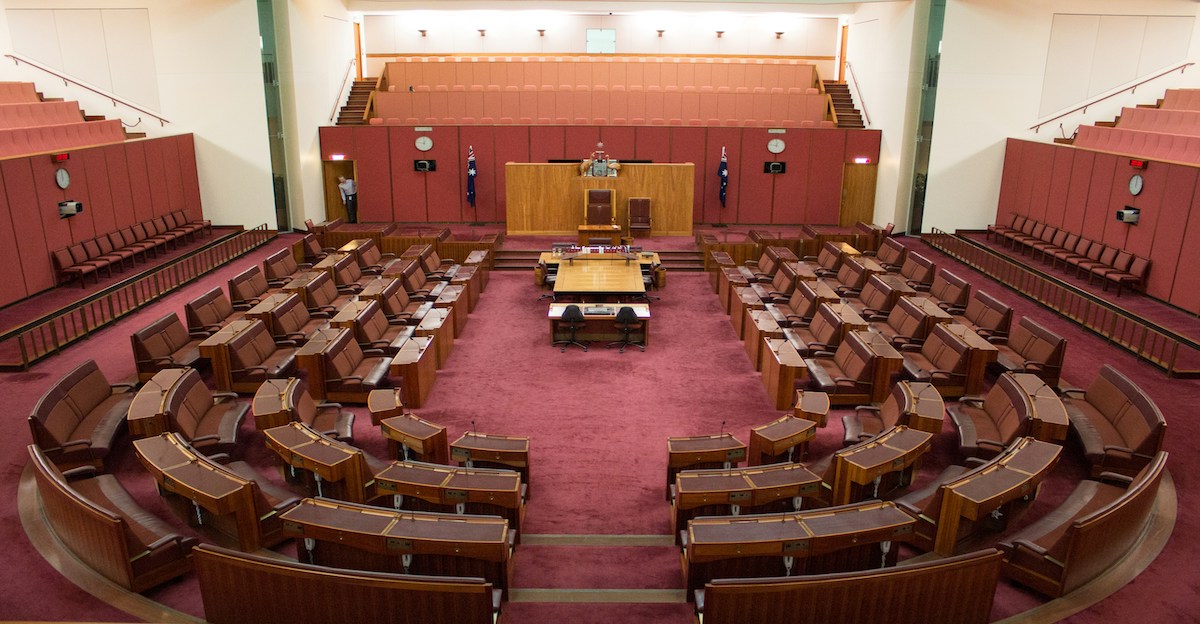
The Yoorrook Justice Commission was a four-year “truth-telling” inquiry set up by the Victorian government to examine the impacts of colonial rule on Aboriginal communities. Its final report catalogs decades of colonial atrocities — including massacres, forced child removals, cultural erasure and more. The commissioners determined these were not isolated incidents but a “coordinated plan” that caused “the decimation of the First Peoples population in Victoria”.
They concluded that the combined effect of mass killings, disease and forced assimilation meets the UN definition of genocide.
Government response and redress measures
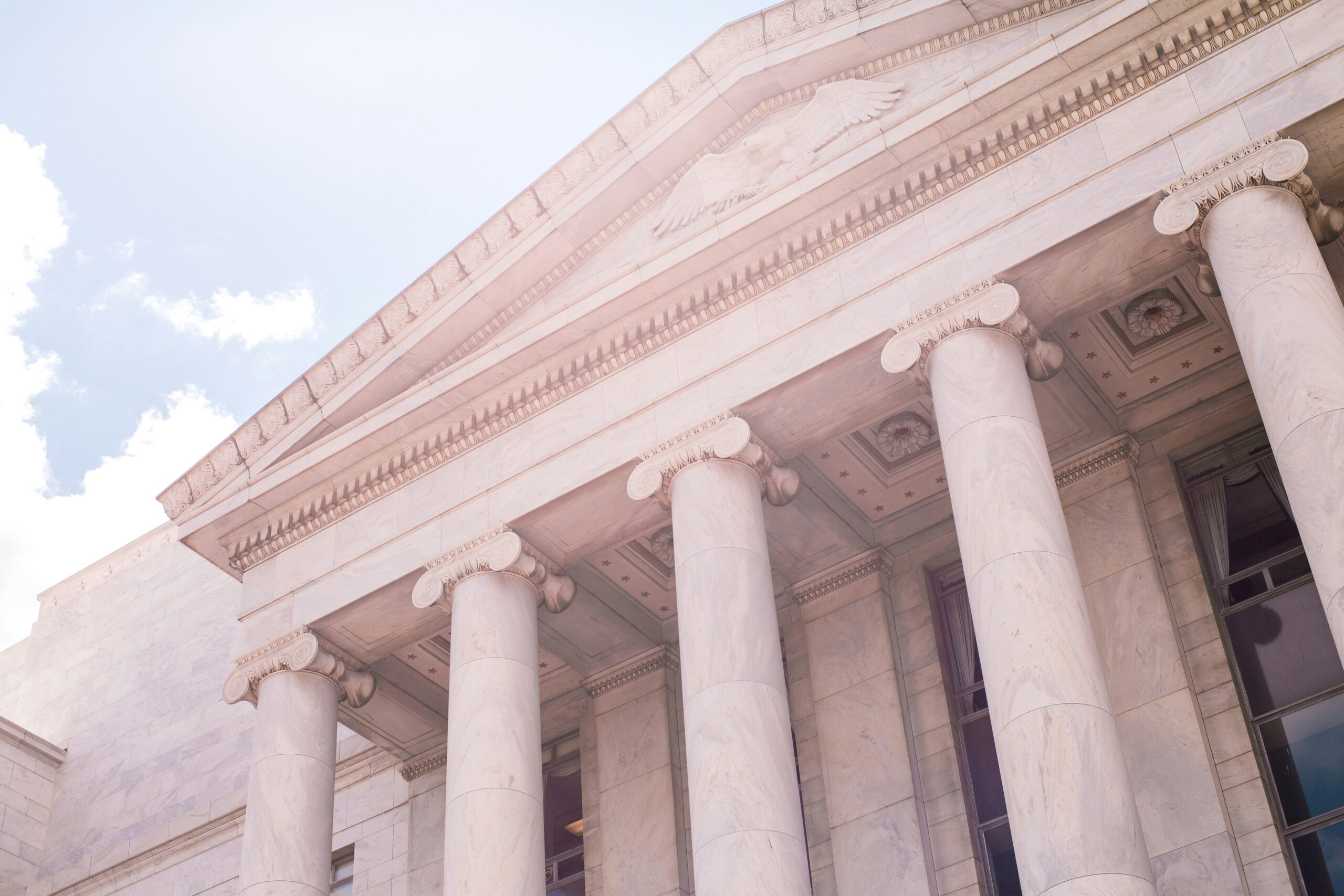
Victoria’s government and Indigenous leaders are already acting on the findings. The report presents 100 recommendations to redress colonial harms, including financial compensation for First Peoples and a pathway to a binding treaty. It explicitly calls for restitution of ancestral lands and waters to Traditional Owners and expanded truth-telling programs in schools, museums and public life.
Premier Jacinta Allan called it “a historic opportunity to hear the stories of our past” and said her government would consider each recommendation. With powerful backing from Aboriginal leaders, the report has generated broad support for policy reform.
Education and cultural impact
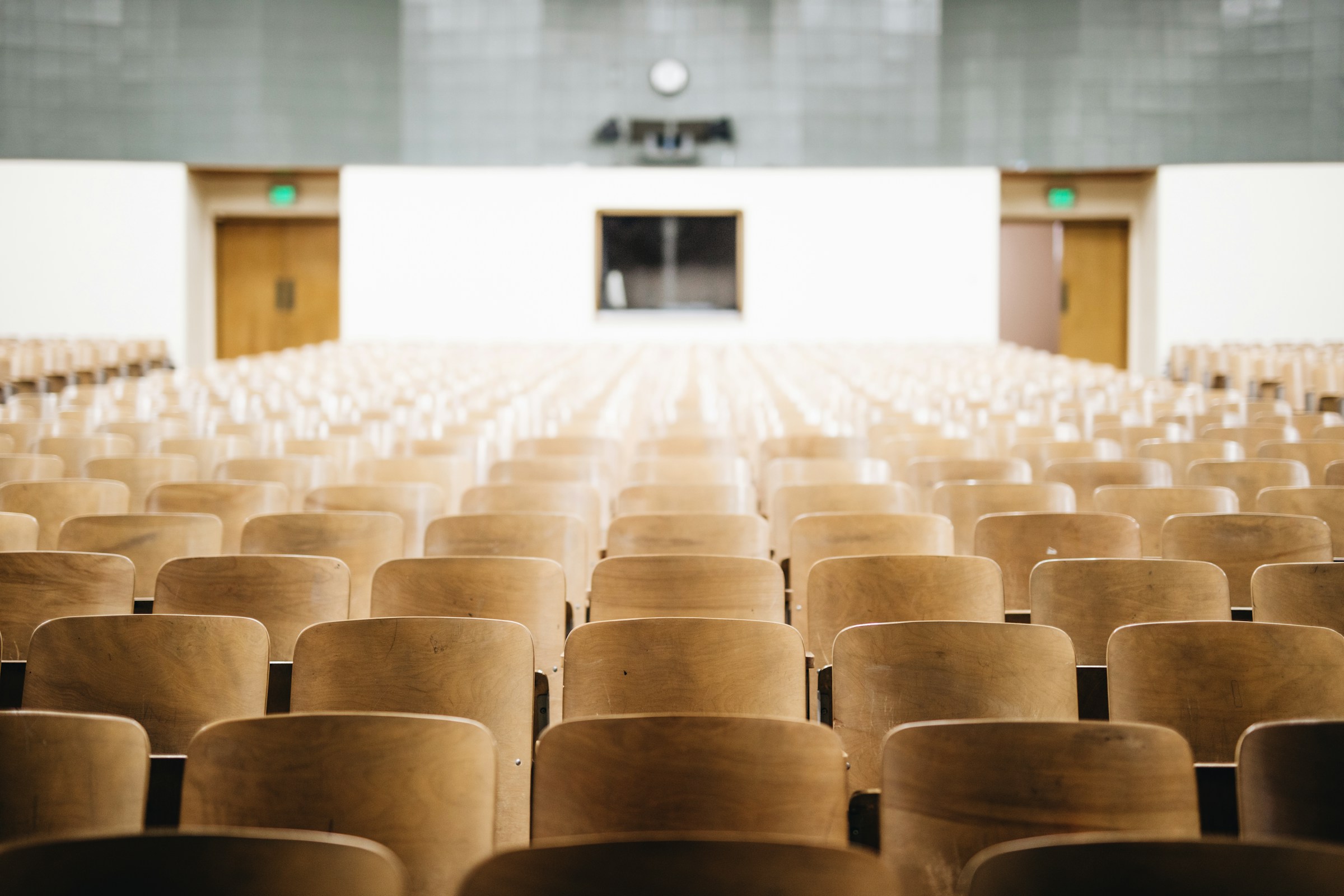
Victorian education and cultural institutions are already responding. The report urges truth-telling initiatives in schools, universities, museums and public memorials. As Yoorrook Commissioner Travis Lovett put it, “For the first time, we as Aboriginal people have held the pen and told our truths…This official public record has the power to change forever how people learn about the true history of this state”.
Even before the final report was tabled, about 14,000 Victorians took to the streets in Melbourne for a “Walk for Truth” rally, underscoring broad public support for this reckoning. Schools and cultural centres are expected to update their curricula and exhibits to include these hard truths.
National debate reignited
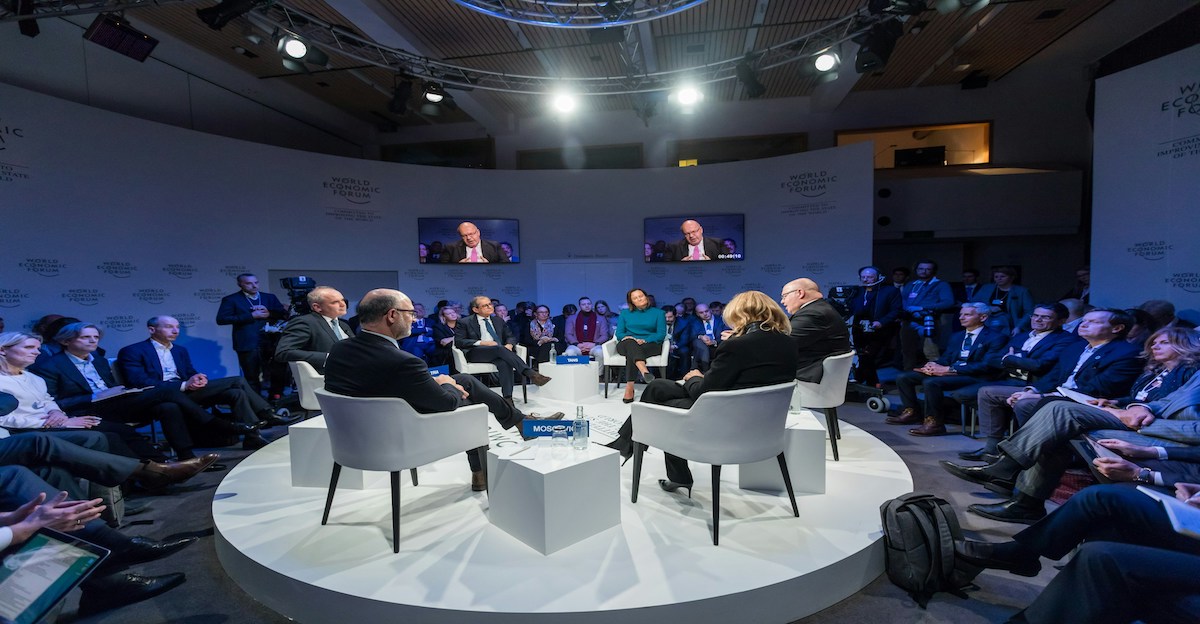
The finding has intensified Australia’s national debate on Indigenous rights. In October 2023, Australians soundly rejected a referendum to recognise Aboriginal peoples in the constitution. Indigenous leaders say this report vindicates long-standing demands for treaty and justice, and they are urging the federal government to convene a national truth commission.
The story has also dominated media headlines alongside other Indigenous issues, highlighting how many contemporary life outcomes — from education gaps to health disparities — remain shaped by history.
International attention and context
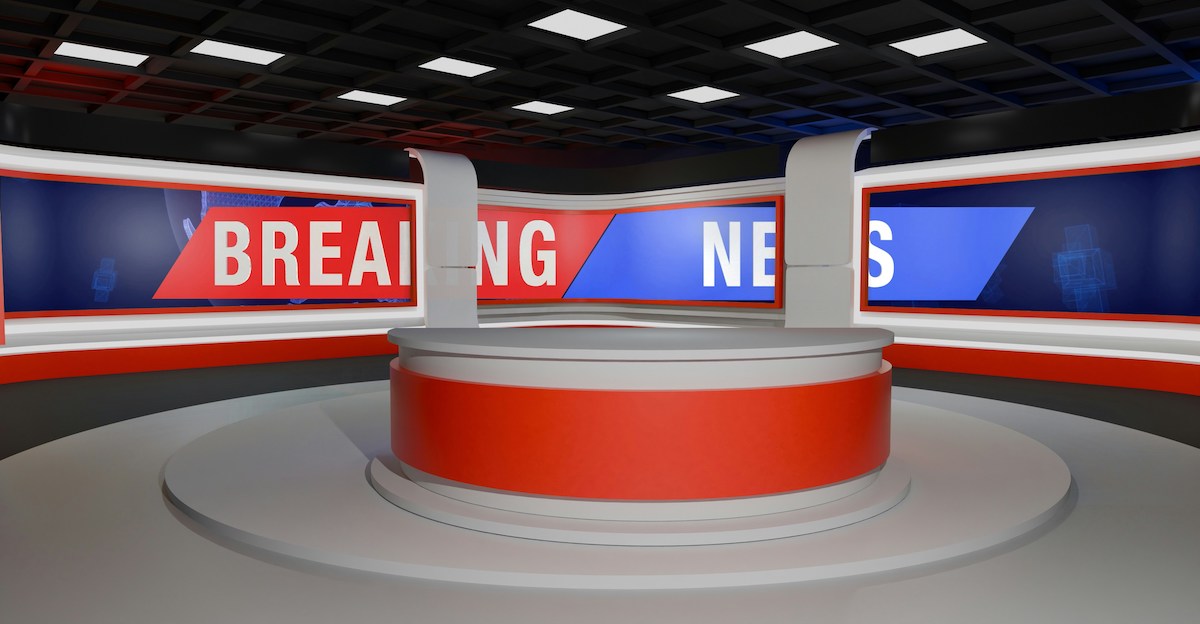
The Yoorrook report has also made waves internationally. News outlets from AFP to Asia-Pacific press covered the verdict, often comparing it to colonial reckonings abroad. Journalists noted that Indigenous Australians now make up under 4% of the population, yet suffer enormous disadvantages – for example, a life expectancy about eight years shorter than other Australians.
That stark context helped drive home the report’s message globally. So far, only Australian officials have responded publicly, but advocates hope this worldwide attention will pressure leaders in Canberra (and even London) to formally acknowledge this history.
Indigenous leaders react
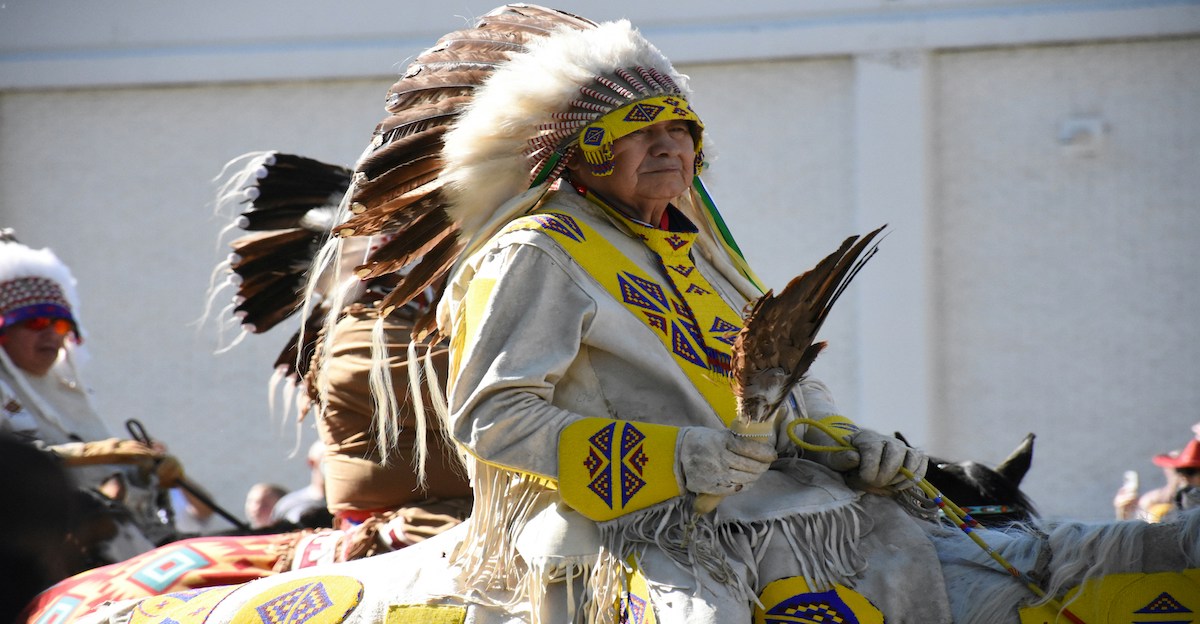
Indigenous community leaders echoed the report’s gravity. Jill Gallagher, CEO of the Victorian Aboriginal Community Controlled Health Organisation, called the finding of genocide “indisputable” and said, “all Victorians today must accept, recognise and reconcile with these factual findings”. Marcus Stewart, a former co-chair of the First Peoples’ Assembly, described the news as “heavy” but clear: “The act of genocide did occur on our shores… and in particular did significantly impact First Nations people here in Victoria”.
Their voices underscore why Aboriginal people argue that hearing these truths is necessary, even if it is painful. They stressed that while no one alive today is blamed, everyone’s responsibility now is to accept and act on these facts.
Political divisions emerge
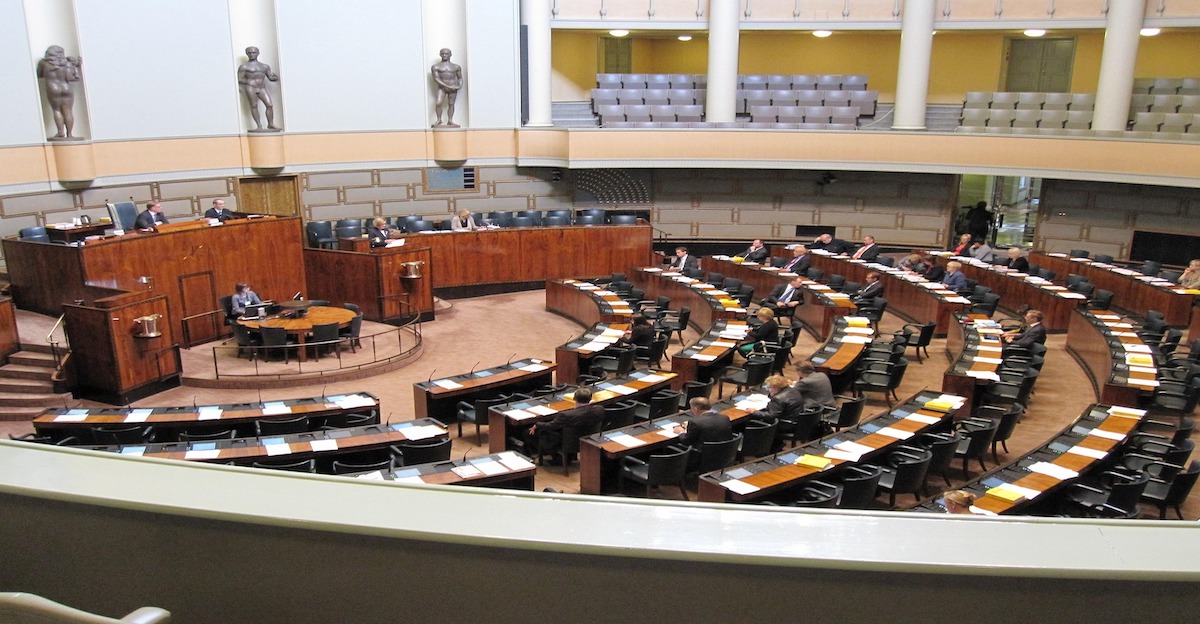
Not everyone agrees with the findings. Victoria’s Liberal opposition quickly announced it would not support making the First Peoples’ Assembly permanent or enshrining the commission’s recommendations into law. Some conservative commentators have questioned the use of the word “genocide” to describe 19th-century frontier conflicts. But even skeptics can no longer ignore the official verdict.
The government will now face tough debates in parliament and among voters about implementing the changes. The inquiry’s conclusions are already shaping policy discussions, and any reforms will need broad political support.
How Australians can respond
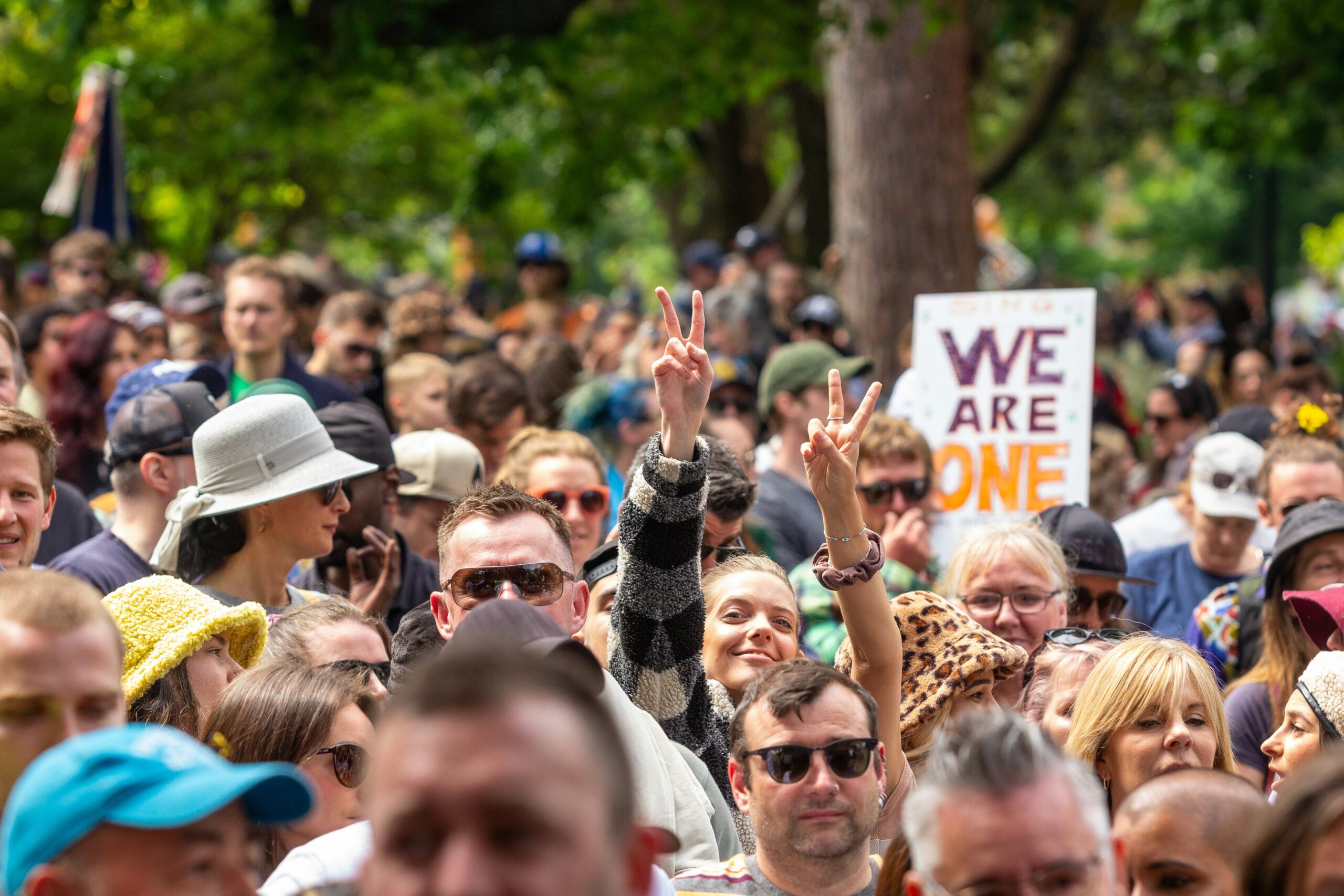
What can citizens do now? First, they can educate themselves on this history and support reconciliation. Experts say Australia must “listen to people” – meaning Indigenous communities – as the best way to move forward. Practical steps include backing the treaty process and truth-telling bodies, attending related public events or exhibitions, and urging schools and workplaces to teach a more complete national history.
Some Victorians have already taken part in rallies and workshops to better understand these issues, showing how community engagement can reinforce official action. By raising awareness and supporting Indigenous-led solutions, ordinary Australians can help translate the report’s findings into lasting change.
Looking ahead
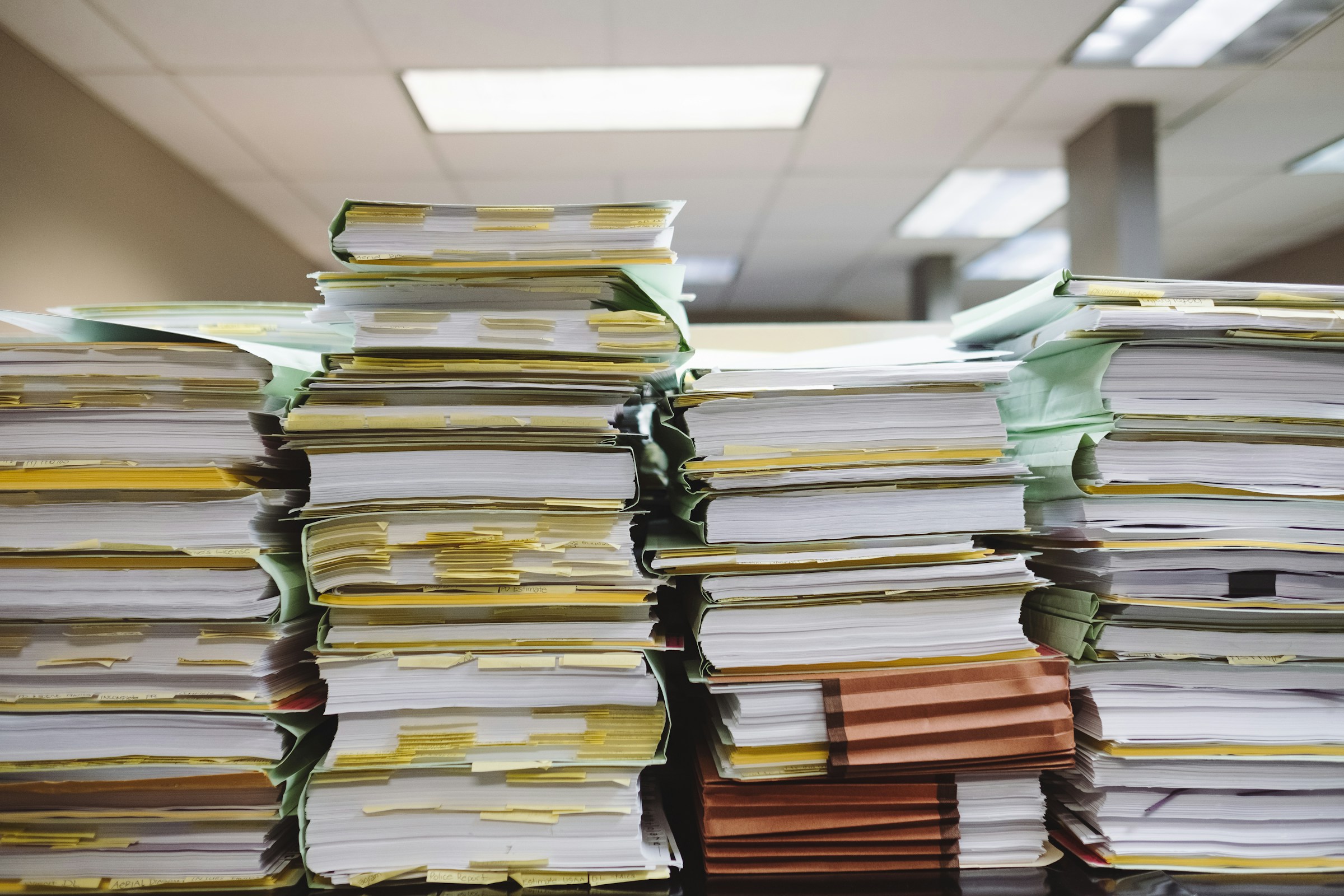
Many see this inquiry as a turning point. Premier Jacinta Allan said the findings “lay the foundations for a better future for all Victorians”. Confronting these “hard truths” will likely reshape everything from school curricula to government policy. What began as a Victoria report may influence Australia’s national conscience.
By officially acknowledging past injustices today, Australians hope to build a fairer society tomorrow, one in which Indigenous history and rights are fully respected.

